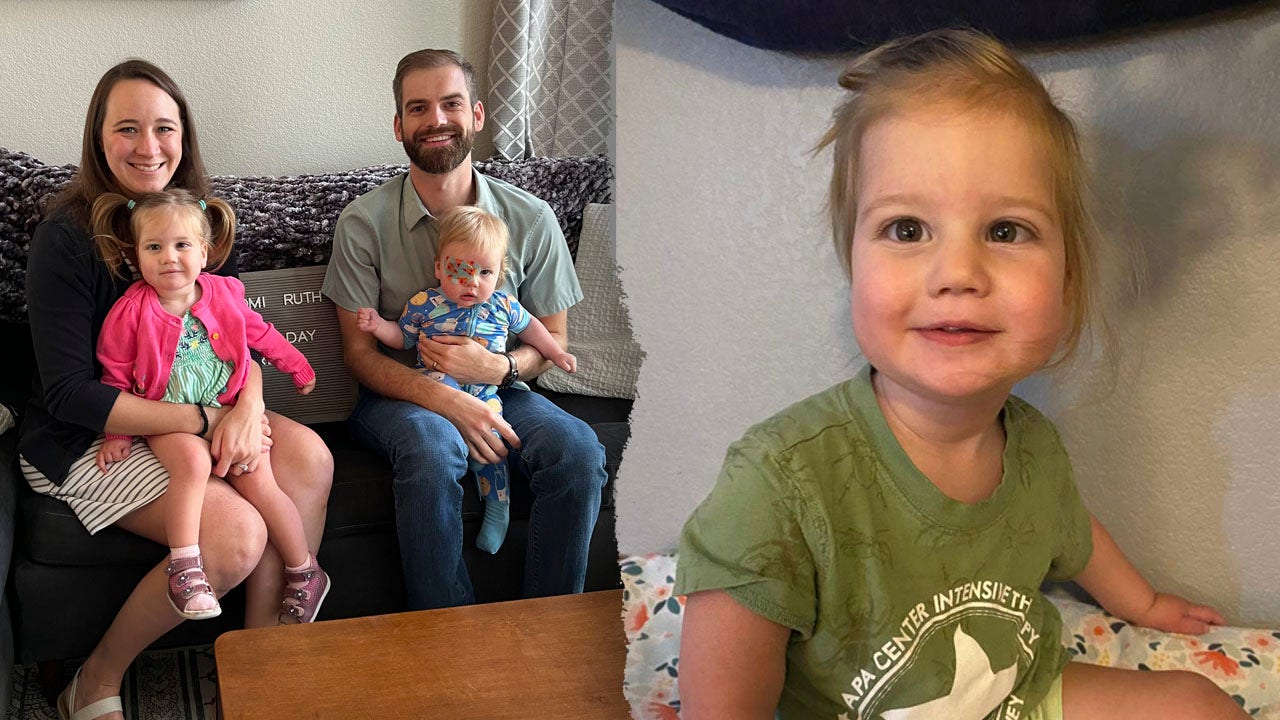Fecal matter transplant helps half of sufferers with GI cancers overcome immunotherapy resistance

Credit score: CC0 Public Area
Findings from a small, proof-of-concept scientific trial have prompt that fecal microbiota transplants (FMTs) can enhance the effectiveness of immunotherapy in a spread of gastrointestinal cancers.
Within the research, printed July 25 within the journal Cell Host & Microbesix of 13 sufferers who had beforehand proven resistance to immune checkpoint inhibitors benefited from receiving FMTs from donors who had beforehand responded to therapy. The investigators additionally recognized particular strains of micro organism related to higher or worse responses to FMT and immune checkpoint medicine.
“This research highlights the complex interplay between beneficial and detrimental bacteria within the gut microbiota in determining treatment outcomes,” says co-corresponding writer Hansoo Park of Gwangju Institute of Science and Expertise, in Gwangju, South Korea.
“While the connection between gut microbiota and immune response to cancer therapy has been a growing area of interest, our study provides concrete evidence and new avenues for improving treatment outcomes in a broader range of cancers.”
Immune checkpoint inhibitors have revolutionized most cancers therapy, however many sufferers by no means reply or develop resistance after an preliminary response. The researchers determined to review FMT in sufferers receiving immune checkpoint inhibitors as a result of rising proof means that the intestine microbiota performs an important position in modulating the immune system and might considerably impression the efficacy of those therapies.
Earlier small scientific trials had reported that FMTs may overcome resistance to immune checkpoint inhibitors in some melanoma sufferers, however the potential for FMTs to beat resistance in different superior strong cancers had not been explored.
This research is the primary to point out the potential advantages of this therapy in scientific settings past melanoma.
The trial included sufferers with metastatic solid-tumor cancers who had been proof against the anti-PD-1 drug nivolumab. 4 had gastric most cancers, 5 had esophageal most cancersand 4 had hepatocellular carcinoma.
The six FMT donors, who additionally had gastric most cancersesophageal most cancers, or hepatocellular carcinoma, had had an entire or partial response for not less than six months after therapy with nivolumab or pembrolizumab. The FMTs got through colonoscopy after the recipients had obtained antibiotics to tamp down their very own microbiotas.
“One of the most surprising results was from a hepatocellular carcinoma patient who initially showed no response to the first FMT and continued to experience cancer progression. However, after switching the donor for the second FMT, the patient exhibited remarkable tumor shrinkage,” says co-corresponding writer Sook Ryun Park, of Asan Medical Heart on the College of Ulsan School of Drugs in Seoul, South Korea.
“Both donors were long-lasting, good responders to anti-PD-1 inhibitors, but because we did not yet know the causative bacteria responsible for the FMT response, we could not predict whether the treatment would be effective.”
The investigators then took a more in-depth have a look at which micro organism had been more than likely to have an effect on whether or not sufferers benefited from FMT mixed with checkpoint inhibitors. In doing so, they recognized a novel bacterial pressure that helped to enhance FMT efficacy, Prevotella merdae Immunoactis.
In addition they recognized two strains that had a detrimental impression on FMT efficacy, Lactobacillus salivarius and Bacteroides plebeius.
They plan to proceed learning these and different strains with the purpose of creating higher methods to spice up immunotherapy effectiveness by altering the intestine microbiota.
“By examining the complex interactions within the microbiome, we hope to identify optimal microbial communities that can be used to enhance cancer treatment outcomes,” says Hansoo Park.
“This comprehensive approach will help us understand how the microbial ecosystem as a whole contributes to therapeutic success.”
The researchers acknowledge the challenges of adopting FMT as a part of customary therapy on a broad scale, together with the shortage of standardized protocols and regulatory tips, the potential dangers of transmitting pathogens, and logistical points surrounding large-scale manufacturing and distribution of FMT merchandise.
“Developing efficient and cost-effective methods for production and distribution is necessary for widespread adoption,” says Sook Ryun Park. “Addressing these challenges through comprehensive research and careful planning will be essential for integrating FMT into the standard of care for cancer treatment.”
Extra info:
Fecal microbiota transplantation improves anti-PD-1 inhibitor efficacy in refractory unresectable or metastatic strong cancers refractory to anti-PD-1 inhibitor, Cell Host & Microbe (2024). DOI: 10.1016/j.chom.2024.06.010. www.cell.com/cell-host-microbe … 1931-3128(24)00228-2
Quotation:
Medical trial: Fecal matter transplant helps half of sufferers with GI cancers overcome immunotherapy resistance (2024, July 25)
retrieved 25 July 2024
from https://medicalxpress.com/information/2024-07-clinical-trial-fecal-transplant-patients.html
This doc is topic to copyright. Other than any honest dealing for the aim of personal research or analysis, no
half could also be reproduced with out the written permission. The content material is offered for info functions solely.






